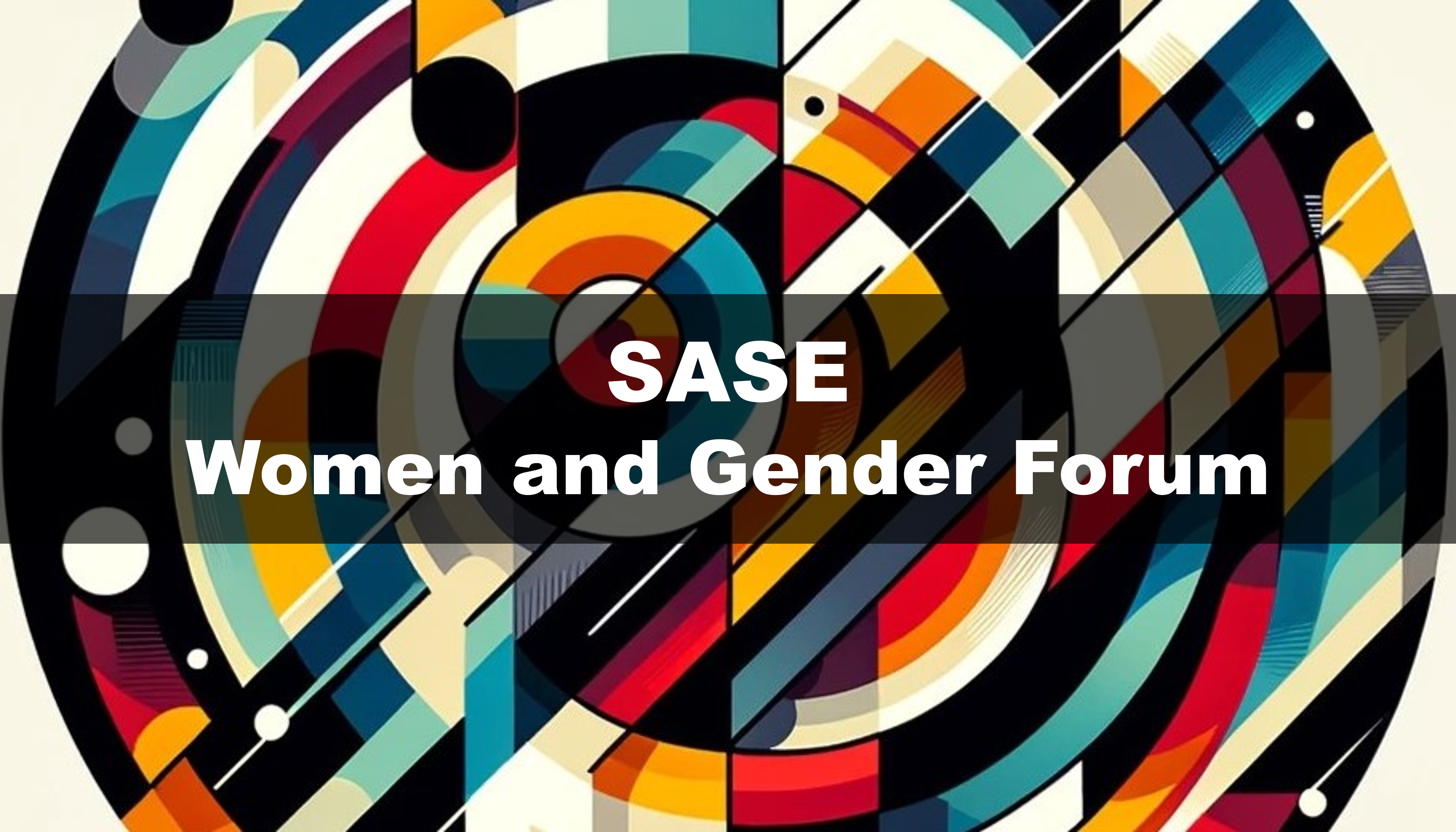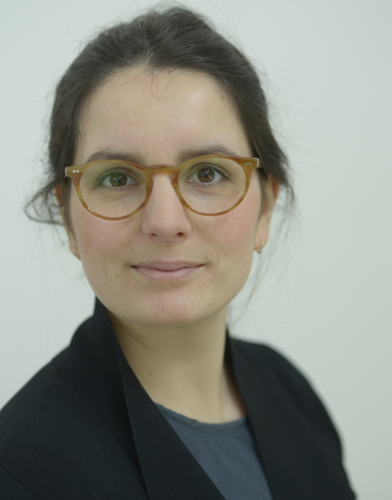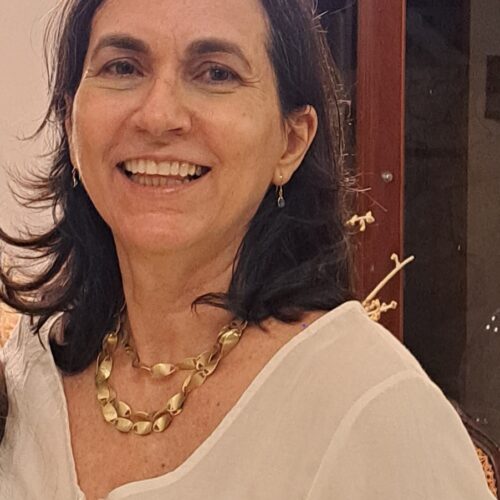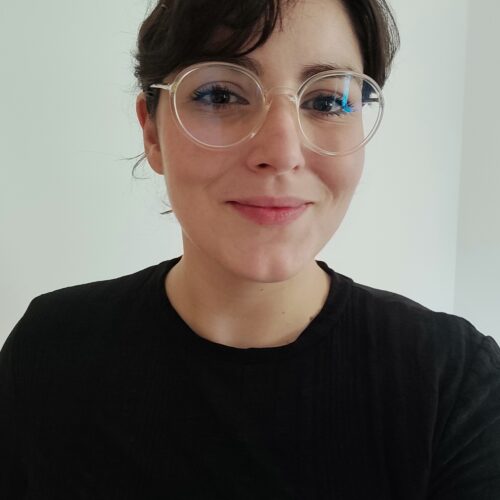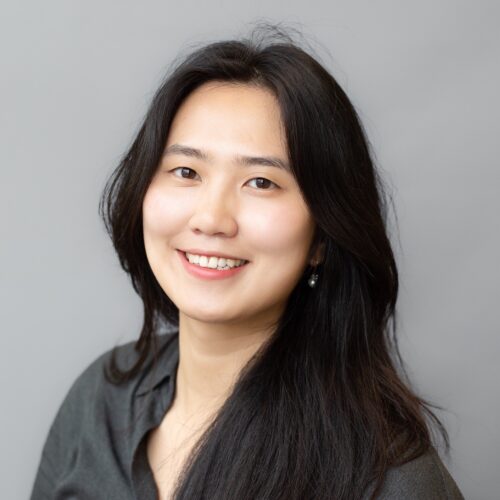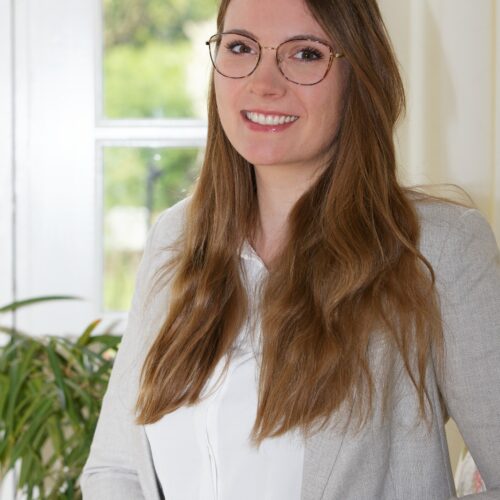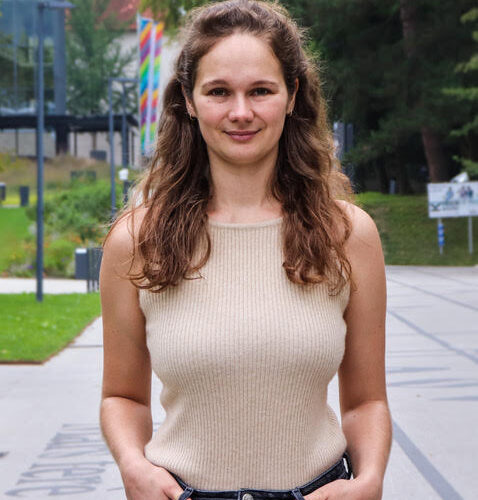SASE Women and Gender (WAG) Forum
June 20, 10-11:30am CET – Virtual event: Queer career paths in academic and non-academic organizations
To register, click the “Zoom registration” button in the program: https://virtual.oxfordabstracts.com/#/event/4988/session/115092.
As part of the online conference of the Society for the Advancement of Socio-Economics (SASE), a session entitled “Queer career paths in academic and non-academic organisations” will be organised by the SASE Women and Gender Forum on Thursday, June 20th from 10:00 AM to 11:30 AM (CET). Joseph Charles Van Martre (Vrije Universiteit Amsterdam) will present the results of a study exploring gender nonconformity experiences among US university students. Trude Sundberg (University of Kent) will share findings from their research focusing on LGBTQ+ staff working conditions in higher education. Jasmin Joecks (University of Tübingen) will provide insights from her ongoing research on LGBTQ+ individuals’ perspectives regarding leadership ascension beyond academia.
Events on-site in Limerick during the 2024 SASE conference:
-
- June 26: 6:30-8:30pm: Informal WAG networking dinner. Interested parties should email WAGForum@sase.org to RSVP and get details about the location. This dinner will be at a restaurant on the university campus, and is self-pay.
- Saturday June 29, 10:30-12: WAG General Assembly (https://virtual.oxfordabstracts.com/#/event/4988/session/105990)
- Saturday June 29, 12-13:15: WAG-sponsored session on book publishing with Bristol University Press (https://virtual.oxfordabstracts.com/#/event/4988/session/108695).
Past events:
-
May 24, 4 pm CET, “Adaptive Political Economy: Toward a New Paradigm – A Conversation with Yuen Yuen Ang”, moderated by Basak Kus and Elsa Clara Massoc.
- May 3, 4-5 PM CET, “Politics and Sociology of Finance: New Books on the Block” with Basak Kus, Kim Pernell, Megan Tobias Neely.(This session was recorded, link to follow)
- April 17, 12:30 CET. WAG coffee hour.
- Ask Me Anything with Prof. Naila Kabeer – Virtual event – Thursday March, 28th, 17-18 CET
- Ask Me Anything with SASE President Nina Bandelj – Virtual event – 25 January 2024, 17:00-18:00 CET.
- 29 November 2023, 12:30-13:15 CET: virtual event – WAG Coffee Hour
- 24 May 2023, 17-18:30 CET – virtual event: “Gender in the field of socio-economics – current and future perspectives/visions” – A presentation by Dr. Julia Bartosch of recent findings on publication patterns in the Socio-Economic Review, followed by a discussion to reflect on current practices. With the participation of SER chief editors Alya Guseva and Akos Rona-Tas, as well as SER editor Nina Bandelj. WATCH
- July 12, 16-17:30 CET – virtual event: “Gender Inequalities in Academia” – Discussion on gender inequalities in academia and the challenges faced within this system. Details and registration here.
- During the 2023 SASE conference:
- July 19, 6:30-8:30pm: Informal WAG networking dinner. Interested parties should email WAGForum@sase.org to RSVP and get details about the location. It will be at a restaurant near the conference venue, and is self-pay.
- July 22, 10:30-12: A WAG discussion session, followed by an informal networking lunch (free for all participants).
Sign up for the WAG mailing list here.
WAG has a LinkedIn group – feel free to join us! https://www.linkedin.com/groups/12905377/
General overview of the SASE Women and Gender Forum
The Women and Gender Forum at SASE (WAG), established in 2017, aims to combat gender inequality in SASE and the greater academic community, under the general aim of promoting equality, diversity and inclusion in academia and society in general. Established in response to a pressing need for the representation of women and gender+ at different levels of leadership roles, we continue to support women and gender+ representation in SASE across research groups. The WAG forum is a space to increase visibility, amplify voices, and to build networks of women and gender+ researchers as well as those whose research is on women and gender+. We deal with various issues women and gender+ scholars face in academia, such as publishing challenges, work-life balance, leadership roles, or career progression. Knowing the mechanisms leading to inequalities, our focus is not only limited to gender, but also on supporting other marginalised groups (including ethnic, racial, and religious minorities, and different socio-economic classes). We aim to meet these goals through the following action points:
- Providing a space for the visibility of women and gender+ scholars and their work
- Establishing a network of women and gender+ scholars as well as those whose research areas cover women and gender+ in SASE through networking events
- Organising events to stimulate the discussions on the pressing issues faced in academia and beyond
- Monitoring and supporting women’s and gender+ representation within SASE across research groups and at different leadership levels
If you have any suggestions as to what we can do as a forum, please feel free to get in touch with the committee members at WAGForum@sase.org.
You can find recordings of select WAG events here.
Current WAG committee members are: Julia Bartosch (Radboud University), Theresa Hager (JKU Linz), Audrey Harroche (Oxford Brookes University/Sciences Po), Enja Marie Herdejürgen (Paderborn University), Basak Kus (Wesleyan University), Lucilene Morandi (UFF Brazil), and Hyojin Seo (KU Leuven).
WAG was established in 2017 by Dorottya Sallai and its committee members consisted of Sarah Ashwin, Chiara Benassi, Virginia L Doellgast, Jacqueline O’Reilly, and Caroline Ruiner.
